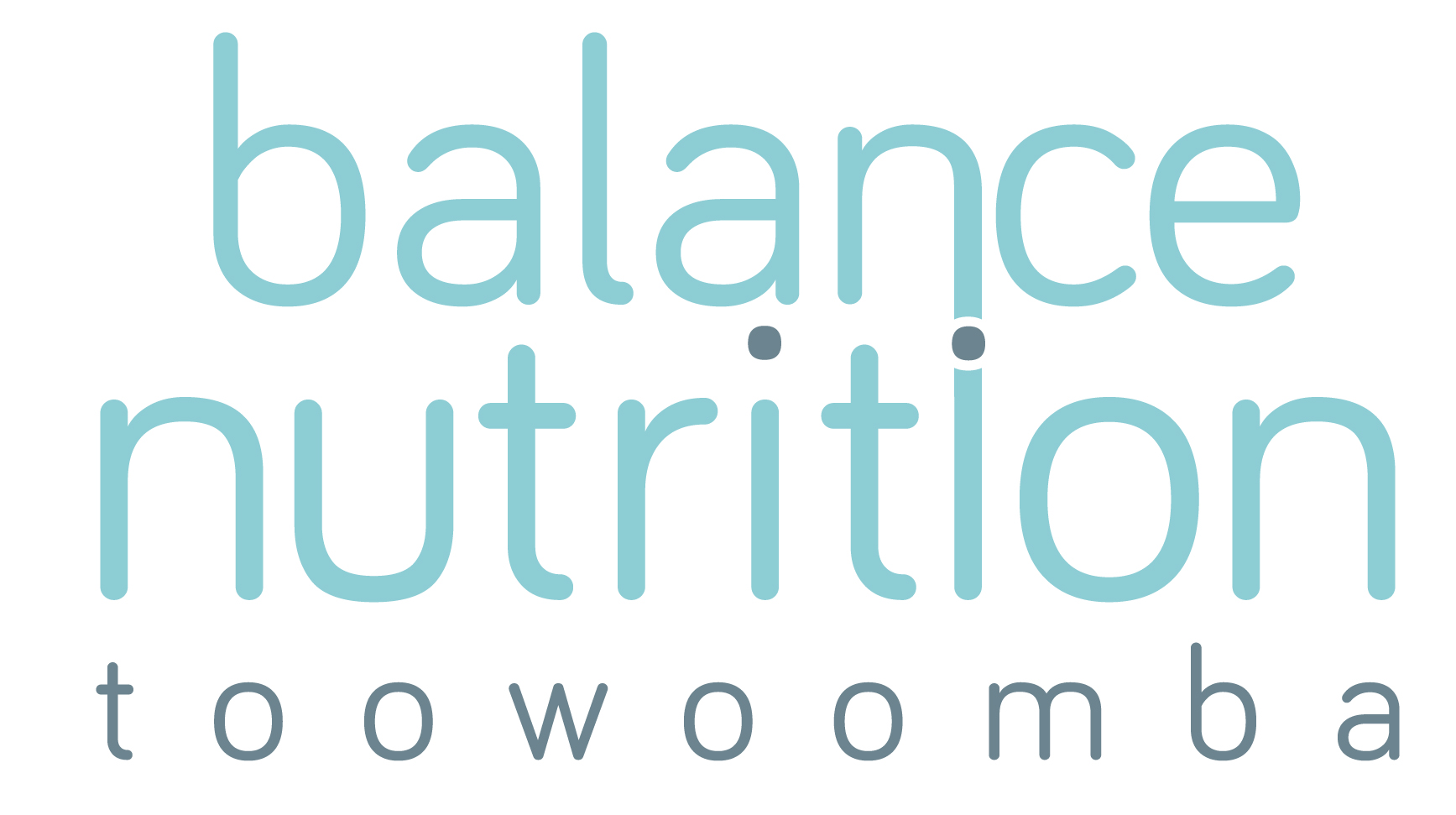CAN INOSITOL HELP PCOS?
Recent studies have explored the use of inositol supplementation as a treatment for PCOS, but what does the research actually say?
What is PCOS?
Polycystic Ovary Syndrome (PCOS) is a complex hormonal condition that affects more than 7% of women worldwide. It can cause an array of symptoms including insulin resistance, irregular periods, small cysts on the ovaries, acne, hair loss and high levels of male hormones. Insulin resistance is experienced by approximately 4 out of 5 women with PCOS and management of this is essential when treating the condition.
What is inositol and what does it do?
There are 9 types of inositol in the human body, however research has been based around two key types:
- Myo-inositol (MI)
- D-chiro-inositol (DCI)
These are found naturally in fruits, legumes, wholegrains and nuts and are involved in the metabolism, breakdown and transport of glucose. MI and DCI have insulin-like properties, acting as second messengers to increase insulin sensitivity through glycogen synthesis and glucose uptake to cells.
What does the research say?
Recent studies (Merviel et al 2021) and a meta-analysis (Unfer et al 2017) have highlighted the benefits of inositol supplementation in women with PCOS including:
- Decreased fasting insulin levels, reducing insulin resistance
- Reduced menstrual irregularity
- Restored hormonal balance
- Normalised ovarian function
- Improved embryo quality and pregnancy outcomes
The studies also found the optimal ratio for MI/DCI supplementation is 40:1. This ratio was best to improve symptoms with no notable side effects, however other studies focus on supplementing with only MI.
The Bottom Line:
Inositol supplementation at the desired ratio and dose is a safe and cost-effective treatment option for women with PCOS. It is important you talk to your doctor or specialist if you have any PCOS-related health concerns and before taking any supplements.
Working alongside an Accredited Practicing Dietitian can help to improve PCOS-related symptoms. Here at Balance Nutrition our friendly Dietitian, Leah Stjernqvist, specialises in women’s health and fertility nutrition. Leah offers an individualised and supportive nutrition approach for women with PCOS.
Click here to book an appointment or call us on 4566 0765.
References:
https://www.betterhealth.vic.gov.au/health/conditionsandtreatments/polycystic-ovarian-syndrome-pcos
Written by Olivia Medway, APD

